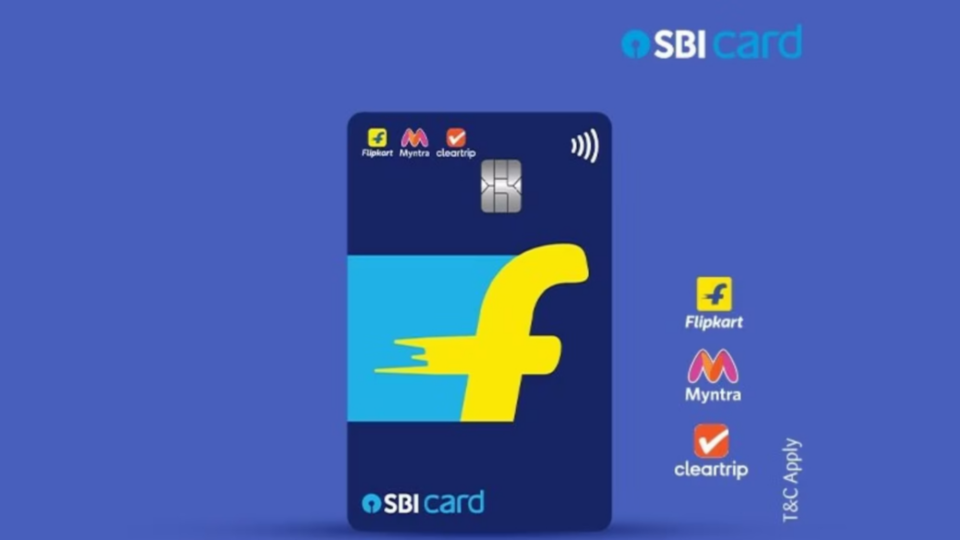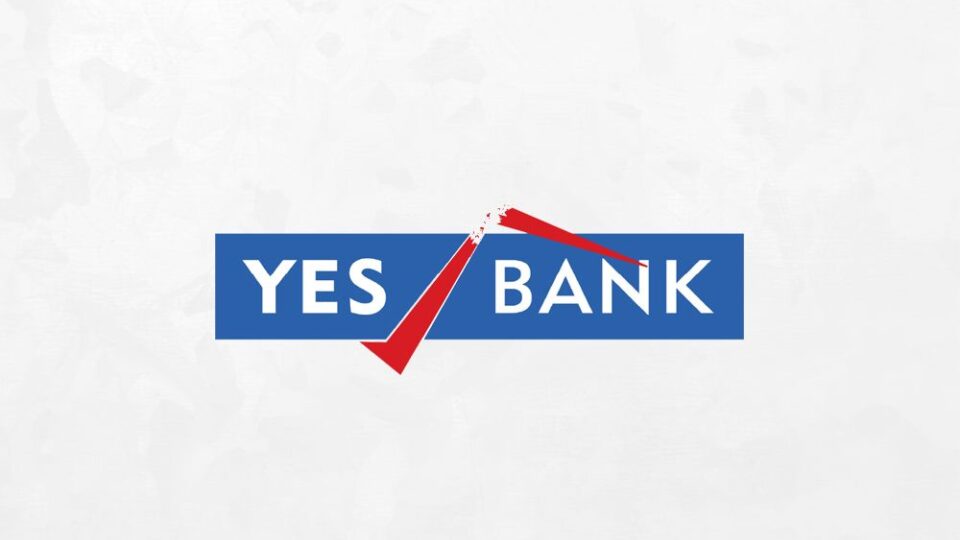
Understanding the Rules for Cheque Bounce
A “dishonoured cheque” is the term used in banking to describe a bounced cheque. Although the bounce of a cheque can seem unimportant to you but it is a criminal offence as defined by Section 138 of the Negotiable Instrument Act of 1881.
Although cheques are used less frequently now that UPI and Net Banking are available, their value has not diminished. Cheques are still widely used for large-scale financial transactions. Simultaneously, cancelled cheques are frequently requested in numerous works.
You cannot complete your task without it. But, you should fill out the cheque carefully when making a payment because even a tiny error might result in the cheque bouncing. A bounced cheque indicates that the intended beneficiary was unable to collect the funds from the cheque.
Cheque bounces are referred to as dishonoured cheques in the banking industry. Cheque bounces may not seem like big issues to you, but they are crimes by Section 138 of the Negotiable Instrument Act of 1881.
A two-year jail sentence, a fine, or both are possible consequences for this. But it’s not like you were charged with a crime because the cheque bounced. In these circumstances, banks initially provide you an opportunity to fix this error.
Reasons For Cheque Bounce
- No Or Low Balance In Account
- Signature Mismatch
- Spelling Mistake
- Mistake In Account Number
- Over Writing
- Cheque Expiration
- Closure Of Cheque Issuer’s Account
- Suspicion Of Forged Cheque
- No Company Stamp On the Cheque Etc.
You have an opportunity to fix the cheque bounce error. It doesn’t happen that you be sued because your cheque bounces. The bank notifies you first if your cheque has bounced. Following this, you have three months to deliver the creditor the second cheque. Legal action may be taken against you by the creditor if your second cheque bounces as well.
When a cheque bounces, banks levy a fee. If a cheque bounces, banks levy a fee. The individual who issued the cheque is responsible for paying the fine. The grounds for this fine may change. Each bank has set a separate sum aside for this. The typical fine is between Rs 150 and Rs 750 or Rs 800.



